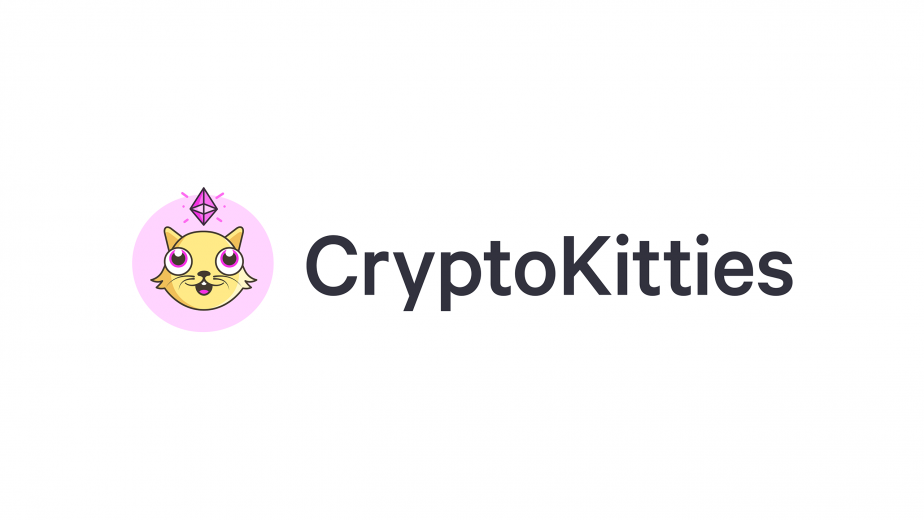The video game industry has never been more innovative than it is right now. The gaming community is massive, so developers of all sizes are taking more risks and pushing to new places. One of the most intriguing of these developments is the concept of chain games.
You’ve probably heard of blockchains by now but may not understand what exactly they are. A blockchain is a decentralized, unchangeable ledger of transactions involving digital data. Every transaction on a blockchain makes up a block, which is locked in a chain of similar blocks.
More often than not, you’ll hear people talk about blockchains regarding cryptocurrency like Bitcoin. Blockchains could revolutionize a lot more than just money, though. They’re even starting to change video games.
What Is Blockchain Gaming?
Blockchain gaming is a fairly open-ended term that refers to using blockchains in video games. That can take various forms, and some new ones will likely emerge as the practice evolves. Blockchain games are still a new field, so there’s a lot of room to grow.
The most obvious example would be using a blockchain as a system of payment in a game. Games like “League of Legends” already make almost all their money through in-game purchases, which could potentially run on a blockchain. Using cryptocurrency could make these microtransactions more secure.
Games could also use blockchains to secure in-game trades between players. Other blockchain games gamify the buying and selling of different digital assets.
Examples of Chain Games
Chain games may not have the same popularity as AAA titles, but there are still examples out there. One of the first and most popular games is called “CryptoKitties,” which runs on the well-known Ethereum blockchain. “CryptoKitties” lets players breed and buy virtual cats, some of which made players more than $100,000 for one cat.
“Age of Rust” is another popular blockchain game that rewards players with crypto for solving puzzles. Another exploration-based game, “Crypto Space Commander,” lets you mine, trade, and battle for cryptocurrency.
It’s not just indie developers that are getting into the blockchain game space, either. Ubisoft revealed a Minecraft-like game called “HashCraft” in 2018. “HashCraft” lets players design islands for others to visit, storing these on a blockchain to keep them secure and decentralized. As a result, most of the game belongs to the community, not Ubisoft.
How Blockchain Could Change Gaming
The decentralized nature of the blockchain is one of its most promising aspects of gaming. Like with “HashCraft,” it can allow players to take actual ownership of the game. Since blockchains don’t belong to any single person, games built on them allow players to participate in development.
Blockchains are also unchangeable, which can improve video game security. Anyone can see a blockchain transaction, but no one can change it, so it significantly reduces the risk of fraud or hacking.
Many banks use blockchains to verify identities for that reason, and games can do the same. Running transactions on a blockchain, whether in real or in-game currency, would make them faster and more secure. If a game mainly ran on a blockchain, it could reduce the likelihood of hacking, too.

Overall, games could become safer and more equal experiences for the community.
Bumps in the Road
Despite its vast potential, blockchain gaming still has some obstacles in its path. One of the most noticeable issues is speed. Even though blockchains are fast, running a whole game takes a lot of calculations. “CryptoKitties” slowed the entire Ethereum blockchain at the height of its popularity, and that’s a reasonably minimalistic game.
Crypto-bases games may turn away people who aren’t familiar with cryptocurrency. The process of getting and managing a crypto wallet can be intimidating to gamers who aren’t as tech-savvy. This issue could also create a divide between players who have different levels of experience in crypto.
Scalability is a potential issue with blockchains as a whole, and it could be especially harmful to games. There are no existing blockchains that can manage a game of substantial size without sacrificing performance. Until blockchain and game developers learn how to work around these problems, they could hinder chain games’ adoption.
Blockchain Gaming Today and Tomorrow
Blockchain gaming is still in its early stages, and so is blockchain technology itself. It will take some time before it’s ready to handle mainstream gaming, but it has potential. If developers can overcome these obstacles, blockchain gaming could forever change the landscape of the industry.
For now, the blockchain gaming revolution doesn’t seem to be coming anytime soon, however there have been developments such as CryptoFights, 3D mobile fighting game built on blockchain technology.
There’s a long way to go, even if there are currently some fun and well-functioning chain games. This niche will probably remain relatively underground for a while, but could be big in the future.




